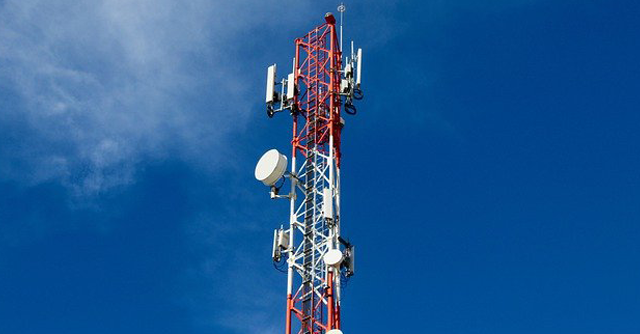
Telecom regulator introduces draft Bill to provide relief to telcos


The telecom department has put the Draft Indian Telecommunications Bill, 2022 up for stakeholder comments, by October 20, under which the framework for mergers and acquisitions will be simplified and relief, write-off or deferment of dues may be allowed in cases of payment default in extraordinary circumstances.
“The Bill seeks to simplify the framework for mergers, demergers and acquisitions, or other forms of restructuring, by only requiring intimation to the licensing authority,” the government said in an explanatory note. The companies will have to comply with the restructuring scheme under the Companies Act and inform the department of telecom.
In case of default payment of any amount the government will determine extraordinary circumstances, including financial stress, consumer interest, maintaining competition in the sector, or reliability and continued supply of services to allow full or partial relief, write-off or deferment or conversion of the amount into shares, through a special enabling framework.

Spectrum allocated to telcos presently undergoing insolvency, that are unable to offer services, pay dues or comply with license conditions, will be taken back by the government.
However, if a telco undergoes insolvency and intends to shut down or suspend operations, but continues to provide services, does not default in payments and complies with modified terms and conditions, the government can assign another person or entity to manage the operations for a certain period of time, the bill stipulated. The government can take this step to ensure national security, consumer interest, or security, reliability and continued supply of services in India or any part of the country.
“Unlike many other natural resources, spectrum is completely reusable. In view of this uniqueness of spectrum, the Bill addresses situations where spectrum is not being put to use due to insolvency,” the government said in the note.

The Bill also mentions that auction will be the key means for allocation of spectrum but it also provides an enabling framework for assignment of spectrum through administrative process or non-auction methods for radio backhaul spectrum and airwaves for government and public interest sectors such as defence, research and transportation.
Airwaves for public sector units BSNL and MTNL have also been included in non-auction allocation. The government will prescribe the frequency range, methodology for pricing, price, fees and charges, payment mechanism, duration and procedure in such cases.
Mint had reported on several elements of the proposed bill on September 21.

The government has increased the scope of telecommunication services by including over-the-top (OTT), internet-based and satellite-based communication services besides in-flight, marimtime, broadcasting, internet and broadband services within its ambit.
“The new definitions are comprehensive and relevant to present day realities,” the note stated.
The bill will also give the government power to waive fee, interest, additional charges, penalty or grant exceptions from the provisions of the bill when it becomes an Act. “The government may... waive in part or full any fee, including entry fees, license fees, registrations fees or any other fees or charges, interest, additional charges or penalty or damages payable by a licensee, registered entity, assignee or grant exceptions from the provisions of this Act,” the bill stated.

Penal provisions for breach of license conditions have been relaxed and categorised by level of severity and penalties vary from written warning to a maximum of Rs 5 crore.
“The Bill recognizes that there is no one-size-fits-all approach, and the intent and willingness of the licensee, assignee or registered entity to remedy any breach, should be adequately considered before taking punitive actions,” the government said in an explanatory note.
In addition to addressing protection of users and prevention of cyber-frauds using telecom services, the bill also enables a legal framework for preventing harassment of users from unsolicited calls and messages, a move that is set to provide massive relief to millions of mobile phone users that get spam calls or messages on a daily basis.

In order to ensure that the provisions of the new bill do not disrupt ongoing license conditions and services to consumers, the bill will provide policy continuity. Spectrum bought in previous auctions till the end date while existing spectrum assigned through administrative process will be valid for five years from the day the Bill comes into force or if the expiry of the term period is prior to that date.
“Exemptions relating to spectrum usages at the date of enactment of the new law would also continue. The bill provides flexibility for any exemptions that the central government may grant on spectrum usage, in the public interest,” the note added.
The Bill provides for the right of appeal before the appellate authority. It also creates an enabling provision for the central government to set up an alternate dispute resolution mechanism such as arbitration, mediation or other process of dispute resolution.

The Bill has put in provisions which will create disincentives for acquiring spectrum at a value lower than auction-determined price. “In that sense, this provision aims to retain the value of the public good in the hands of the government,” the government said in the note.
The Bill will replace the existing legal framework governing telecommunication in India, comprising of the Indian Telegraph Act, 1885, the Wireless Telegraphy Act, 1933 and the Telegraph Wires (Unlawful Possession) Act, 1950.
